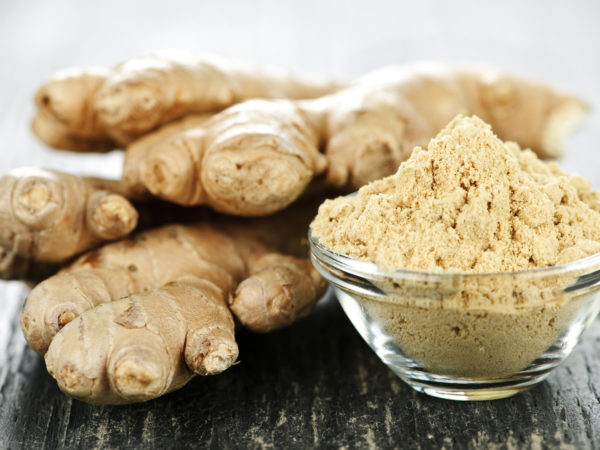Chlorophyll for MS?
I was recently diagnosed with multiple sclerosis and have been taking chlorophyll supplements to boost my immune system. Is this wise, or should I be more cautious about chlorophyll?
Andrew Weil, M.D. | December 27, 2004

Chlorophyll, the green pigment that gives plants their color, has no function in the human body. That fact hasn’t stopped marketers from promoting supplements containing chlorophyll and suggesting that it can benefit patients with conditions ranging from cancer to arthritis to multiple sclerosis (MS). Chlorophyll can’t hurt, but it isn’t an immune booster, and I don’t know of any research suggesting that it helps patients with MS.
Unfortunately, we know little about what causes MS and what factors influence its progression and outcome. It begins with localized inflammatory damage to the myelin sheaths surrounding nerve fibers due to an attack by the immune system. This interferes with nerve impulses and can lead to symptoms such as muscle weakness, loss of vision, and a variety of other impairments.
A drug called beta-interferon has become the conventional treatment for MS patients. While it can slow the progression of the disease, it is expensive and produces unpleasant side effects. Whether or not you take beta-interferon, you can try to influence the course of the disease with the stress reduction, mind/body treatments and lifestyle changes recommended below:
- Decrease protein intake toward 10 percent of daily calories, and emphasize plant rather than animal protein.
- Eliminate milk and milk products, substituting other calcium sources.
- Eat organically grown fruits and vegetables as well as organic products made from wheat and soy.
- Eliminate polyunsaturated vegetable oils, margarine, vegetable shortening, all partially hydrogenated oils, foods (such as deep-fried foods) that might contain trans-fatty acids. Use extra-virgin olive oil as your main fat.
- Increase intake of omega-3 fatty acids from fish, walnuts, or flax and hemp seeds.
- Eat more fruits and vegetables, preferably organic.
- Eat ginger. Turmeric can also be helpful.
- Take acidophilus culture and psyllium if constipation is a problem, or use the ayurvedic herbal bowel regulator, triphala.
- Take my antioxidant and daily multivitamin formula plus an additional B-50 complex vitamin daily.
- Take 5 grams of soy lecithin granules daily (store in the refrigerator).
- Take 30 milligrams of coenzyme Q10 (CoQ10) two or three times a day.
- Do some kind of light aerobic exercise on a regular basis. Choose something you enjoy; don’t push yourself to the point of exhaustion.
- Try visualization, meditation, and hypnotherapy to redirect your mental energies in positive directions.
- Experiment with traditional Chinese medicine and Ayurvedic medicine from qualified practitioners.
- Ashwagandha, an Ayurvedic herb may be helpful. Finally, talk to a Chinese medical practitioner about the use of bee sting therapy, which has helped in many cases.
Andrew Weil, M.D









